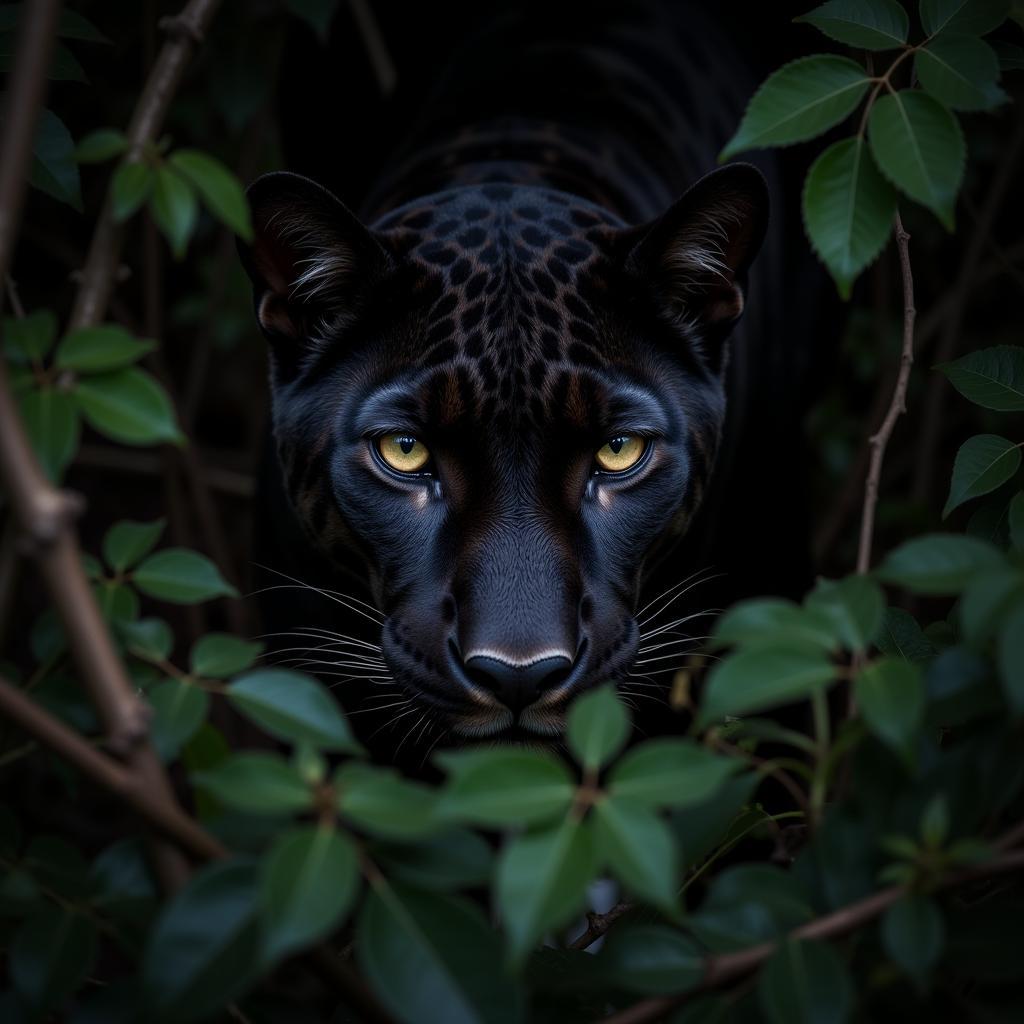African Country Joins EU 1987: A Deep Dive into Morocco’s Application
Morocco applied to join the European Economic Community (EEC), the precursor to the European Union (EU), in 1987. This marked a significant moment in the relationship between Africa and Europe, raising questions about economic integration, political cooperation, and cultural exchange. While Morocco’s application was ultimately rejected, it spurred a complex and evolving partnership that continues to this day.
Morocco’s Bid for EEC Membership: Understanding the Context
Morocco’s decision to apply to the EEC in 1987 was rooted in several factors, including its close proximity to Europe, its existing economic ties with EEC member states, and its desire for increased economic development and political stability. King Hassan II, Morocco’s ruler at the time, saw EEC membership as a way to modernize the Moroccan economy and strengthen its position on the world stage. The application came at a time of significant change in Europe, with the EEC expanding its membership and moving towards greater economic and political integration. It also coincided with a period of economic challenges for Morocco, further motivating the pursuit of closer ties with Europe.
Why Was Morocco’s Application Rejected? Exploring the Reasons
The EEC’s rejection of Morocco’s application stemmed primarily from geographical considerations. The EEC treaty stipulated that membership was open only to European countries. Morocco, being geographically located in Africa, did not meet this fundamental criterion. While the EEC acknowledged the close ties between Morocco and Europe, it ultimately determined that extending membership to a non-European nation would set a precedent with far-reaching implications for the organization’s future. Other factors, such as concerns about human rights and the ongoing Western Sahara dispute, also likely played a role in the decision.
The Aftermath of Rejection: Shaping a New Partnership
Despite the rejection, Morocco and the EEC continued to develop their relationship through various agreements and initiatives. These included trade deals, cooperation programs, and political dialogues. This evolving partnership reflected the mutual recognition of the importance of strong ties between the two regions. For Morocco, the relationship with Europe remained crucial for economic development and access to European markets. For the EEC, and later the EU, Morocco represented a key partner in North Africa, vital for addressing issues such as migration, security, and regional stability.
Morocco and the EU Today: A Complex and Evolving Relationship
The relationship between Morocco and the EU today is multifaceted and dynamic. It encompasses a wide range of areas, including trade, investment, migration, security, and cultural exchange. The EU remains Morocco’s largest trading partner, and the two sides have established a deep and complex web of agreements and institutions to manage their cooperation. However, the relationship is not without its challenges, including disagreements over trade, fisheries, and human rights. The Western Sahara issue continues to be a point of contention.
“Morocco’s relationship with the EU is a complex tapestry woven with threads of cooperation and competition, shared interests and diverging priorities,” says Dr. Fatima El-Khatib, a leading expert on EU-Morocco relations. “Navigating this intricate relationship requires a nuanced understanding of both the historical context and the contemporary dynamics.”
What if Morocco Had Joined the EU in 1987? A Hypothetical Scenario
While it’s impossible to know for sure what would have happened if Morocco had joined the EEC in 1987, it’s interesting to consider the potential implications. Membership could have led to significant economic benefits for Morocco, including increased access to European markets, investment, and development funds. It could also have fostered greater political stability and democratic reforms. However, it could also have posed challenges for both Morocco and the EEC, potentially leading to tensions over cultural differences, migration flows, and resource allocation.
“Had Morocco joined the EEC, the political landscape of both Africa and Europe would look drastically different today,” observes Professor Omar Benjelloun, a renowned historian specializing in Moroccan-European relations. “The ripple effects would have been felt across the Mediterranean and beyond.”
Conclusion: A Lasting Legacy
Morocco’s 1987 application to join the EEC, while unsuccessful, left a lasting impact on the relationship between Africa and Europe. It highlighted the complexities of defining “Europeanness” and the challenges of integrating countries with diverse geographical, cultural, and political backgrounds. The subsequent evolution of the EU-Morocco partnership serves as a testament to the enduring importance of cross-regional cooperation and the ongoing quest for a mutually beneficial relationship. The story of Morocco and the EU continues to unfold, offering valuable lessons for understanding the dynamics of international relations and the ever-changing landscape of global politics.
FAQ
- What was the EEC? The European Economic Community (EEC) was the precursor to the European Union (EU).
- Why did Morocco apply to join the EEC? Morocco sought economic development, political stability, and closer ties with Europe.
- Why was Morocco’s application rejected? Primarily due to its geographical location in Africa, not Europe.
- What is the relationship between Morocco and the EU like today? Complex and multifaceted, encompassing trade, migration, security, and cultural exchange.
- What would have happened if Morocco had joined the EEC? Potentially significant economic benefits and political changes, but also potential challenges.
- What is the Western Sahara dispute? An ongoing territorial conflict involving Morocco and the Polisario Front.
- What are some key agreements between Morocco and the EU? Association Agreement, trade agreements, and cooperation programs.
Need support? Contact us 24/7: Phone: +255768904061, Email: kaka.mag@gmail.com, Address: Mbarali DC Mawindi, Kangaga, Tanzania.


